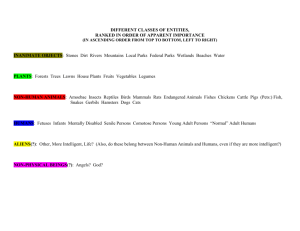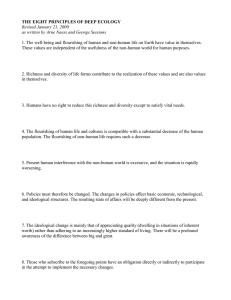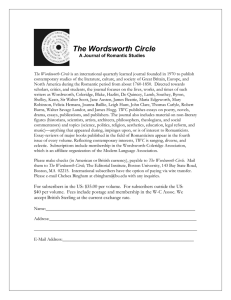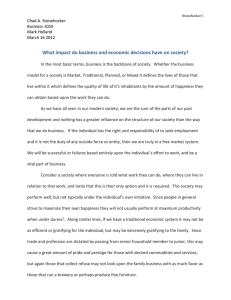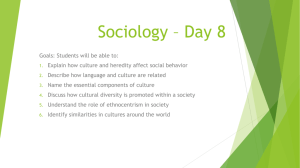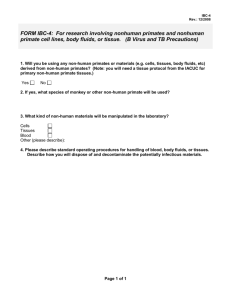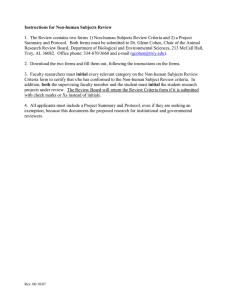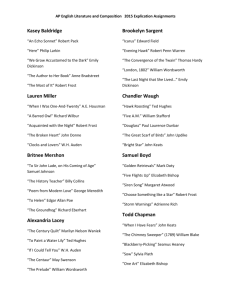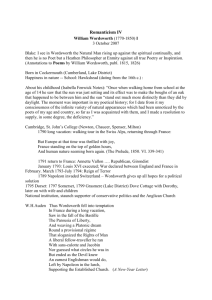Poetry as Religion
advertisement
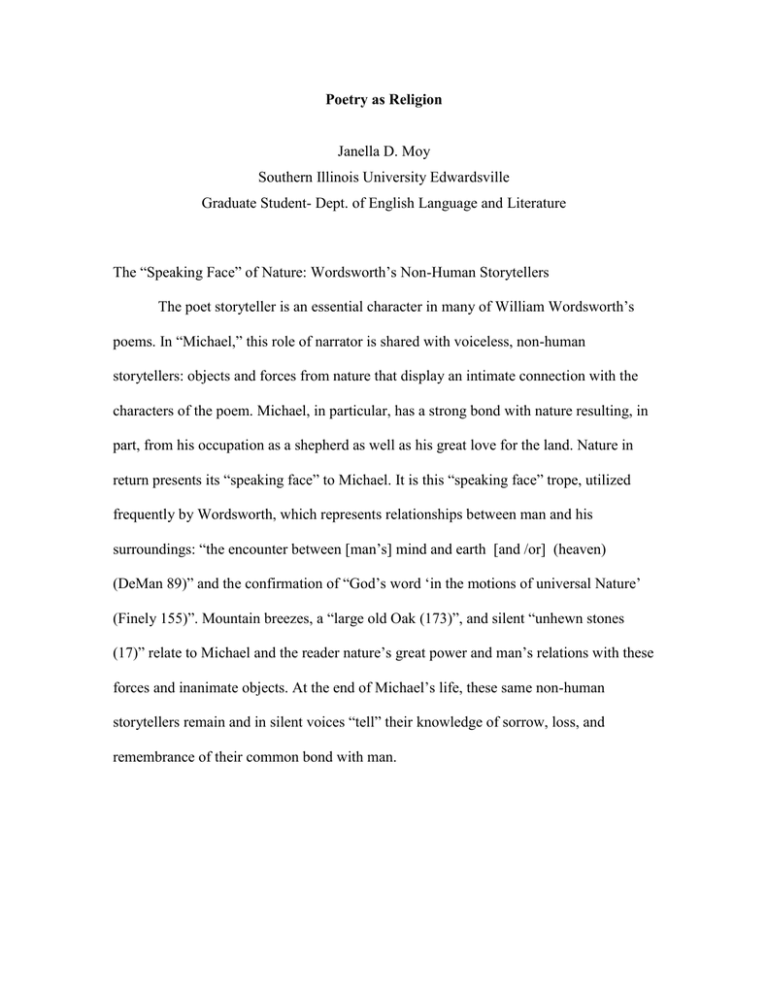
Poetry as Religion Janella D. Moy Southern Illinois University Edwardsville Graduate Student- Dept. of English Language and Literature The “Speaking Face” of Nature: Wordsworth’s Non-Human Storytellers The poet storyteller is an essential character in many of William Wordsworth’s poems. In “Michael,” this role of narrator is shared with voiceless, non-human storytellers: objects and forces from nature that display an intimate connection with the characters of the poem. Michael, in particular, has a strong bond with nature resulting, in part, from his occupation as a shepherd as well as his great love for the land. Nature in return presents its “speaking face” to Michael. It is this “speaking face” trope, utilized frequently by Wordsworth, which represents relationships between man and his surroundings: “the encounter between [man’s] mind and earth [and /or] (heaven) (DeMan 89)” and the confirmation of “God’s word ‘in the motions of universal Nature’ (Finely 155)”. Mountain breezes, a “large old Oak (173)”, and silent “unhewn stones (17)” relate to Michael and the reader nature’s great power and man’s relations with these forces and inanimate objects. At the end of Michael’s life, these same non-human storytellers remain and in silent voices “tell” their knowledge of sorrow, loss, and remembrance of their common bond with man.
